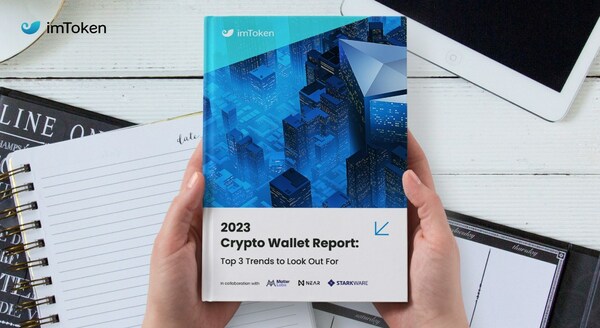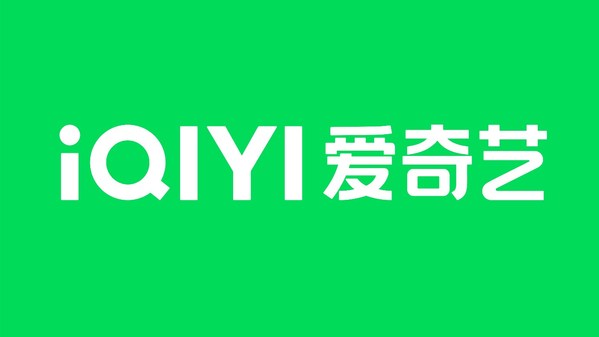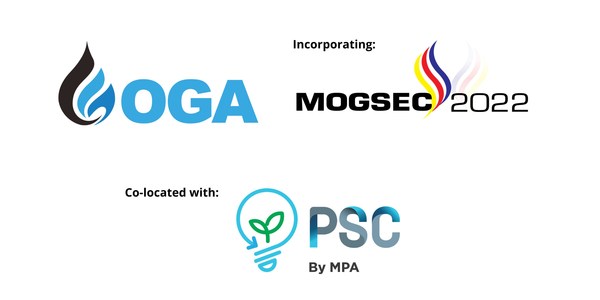SINGAPORE, Feb. 7, 2023 /PRNewswire/ -- Asia's biggest crypto wallet, imToken, publishes an outlook of technological developments of crypto wallets in 2023. The three main areas of interest identified are self-custody versus custodial solutions. Smart wallets, specifically wallets using Account Abstraction (AA), and wallets based on Multi-party computation (MPC).
The report finds that users feel the pain of self-custodial solutions persists. Wallets like Metamask and imToken promise security as well as easy access to DeFi. However, users still prefer custodial solutions. imToken's survey finds that nearly two-thirds (63%) of users find trading on exchanges to be more convenient or cheaper than trading on wallets. An unexpected number.
At the same time, we can see solutions emerge. PayPal released a custodial wallet feature, and Reddit - the 6th most popular website in the world - added a wallet functionality to their app. Interestingly, Reddit calls their wallet feature "vault", hiding the complexity that the survey proves crypto users clearly dislike.
More shocking though, 38% of users found wallets less secure than exchanges. Security being one of the key differentiators in the favor of wallets does not seem to convince end users. They fear being hacked (29%) or losing crypto by their own mistake (18%). Over 40% of users interviewed would pay up to US$100 for a wallet that would solve all of those issues that exist with the wallet they use today.
However, users are not optimistic. A big part of them - over 25% - think that most people will only start switching to self-custody - the fundamental paradigm of crypto - in 5 years or more. And a similar number of interviewed users (25%) believe that a majority of crypto users will stay with custodial solutions, even 10 years from now.
At the same time, smart wallets promise a solution to exactly these user pains. The new tools are niche, but increasing their user base. In its entire history, 2022 was the industry's year with the smartest contract wallets created. For example, 2022 saw 65% of all Safe (former: Gnosis Safe) wallets created. More than double the previous year. The total market share remains low, though. imToken's research found that smart wallets make for only 0.1% of the wallet market. The main reason might be that deploying a smart contract wallet can cost $100 just in upfront costs.
For 2023, wallets are building promising solutions. imToken's research finds that smart wallets do in fact improve security as well as convenience to levels seen with custodial solutions. For security, smart wallets offer risk control in the form of daily limits. The new wallets are also stopping and regaining access once a wallet's key is lost or stolen is part of the feature set. And most survey participants (51%) told imToken that they would take improved security in the form of multi-factor authentication as a reason to choose a new wallet.
The improved convenience of smart wallets seems less visible. A whooping 76% of interviewed users found custodial solutions more convenient than wallets, while only a few looked for convenience in wallets. The report finds the "Invisible Wallet", linked identity or KYC and social logins promising solutions in this area.
Not all future wallets are the same. imToken's Chang-Wu Chen identifies a downside of Multi-party computation (MPC) wallets (like the Coinbase app or Zengo). The Head of Research asks "[a MPC wallet] sounds perfect, right? But for the MPC solution, it requires having an online computing unit to co-work with". Smart wallets built on Account Abstraction (AA) don't have this specific problem. This kind of smart contract wallet stays always online. However, Ethereum as the most popular blockchain has not yet implemented the feature, yet.
imToken's report found not only wallets but also blockchain projects themselves aiming to bring those security and convenience features mentioned. NEAR's co-founder, Illia Polosukhin told in an interview that unlike Ethereum, his own project's decision to implement smart account features at the base layer paid off, with an estimated "500k-1m accounts" having used the features so far.
Layer 2 blockchains like Matter Labs and StarkWare are facing a different challenge. The projects both build on top of Ethereum and therefore need to add a form of Account Abstraction instead of building a new account model from scratch. Either way, both projects agree the benefit is worth the effort. Tom Brand, Product Lead at StarkWare, is excited by the "Web2 user experience" as shown by Visa's prototype recently built on StarkWare's network. Omar Azhar, Head of Enterprise Business Development at Matter Labs, agreed and added that "being able to use an email login, using paymaster and AA to batch transactions" helped applications to build trust with users - an invaluable asset for crypto products.
For a detailed report on our findings please find the detailed report here.
imToken thanks for their contribution: Omar Azhar, Head of Enterprise Business Development at Matter Labs, Tom Brand, Product Lead at StarkWware, Illia Polosukhin, Co-Founder of NEAR, Denys Kovalenko at NEARWEEK, and Chang-Wu Chen, Head of Research at imToken.
About imToken
imToken is a decentralized digital wallet used to manage and safeguard a wide range of blockchain- and token-based assets, identities and data. Since its founding in 2016, it has helped its users transact and exchange billions of dollars in value. imToken Lab researches innovations such as MPC and AA and will have major progress to look forward to in the new year.










